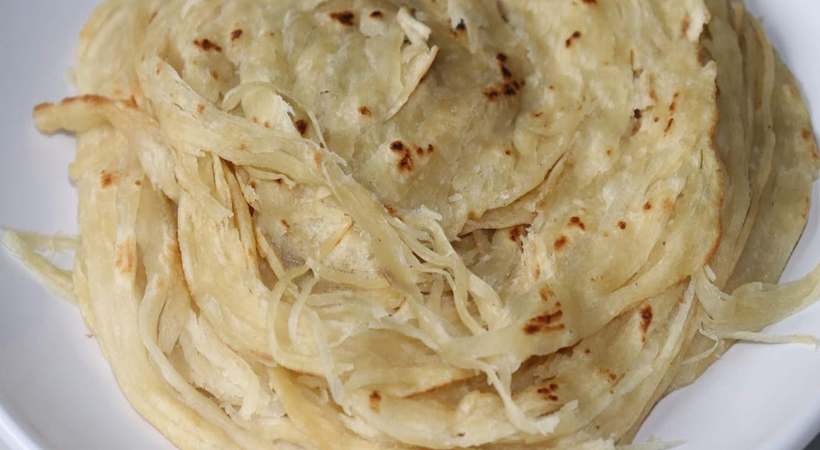Hands off porotta

On Friday afternoon, Kerala Tourism tweeted what seemed like an innocuous comment. The tweet read, “The loyal fans of the Malabar cuisine simply cannot keep their #handsoffporotta, lockdown or not. Share your favourite porotta recipes with us.”
But soon, it became apparent that it had reference to a news report that frozen porotta attracts 18% Goods & Services Tax (GST) as opposed to the earlier 5%. To make matters worse, ready-to-eat rotis and chapathis did not see a rise in GST.
Malayalis erupted on Twitter, and #handsoffporotta became a viral hashtag. Kerala Tourism saw the rising wave and chipped in with its own tweet.
Now Malayalis can let anything be, but they aren’t going to suffer this kind of an ignominy. In Kerala, the porotta-beef combination is not just a meal. It’s an emotion.
Let’s examine the back-story in detail.
Bengaluru based ID Fresh Foods has been selling the ‘Malabar porotta’ for over a decade. All this while, it was paying a tax of 5% on it but now the same is getting taxed at 18%. In October 2019, the company approached the Authority for Advance Ruling (AAR) in Karnataka to clarify if the preparation of whole wheat porotta and Malabar porotta can be classified under chapter 1905, attracting a 5% GST.
However, the AAR observed that the products under the 1905 category such as bread, pastry, cakes, etc are completely cooked foods and ready for consumption. AAR was of the opinion that frozen porottas came under the 2106 category, comprising all kinds of instant food mixes attracting a GST of 18%. It also rejected ID’s argument that it is essentially the same product as a khakhra, plain chapathi or roti.
ID Foods is not planning to draw curtains on the episode yet.
“We have decided to appeal against the recent ruling by the Authority of Advance Ruling (AAR) Karnataka that ‘porotta’ – as classified under Chapter Heading 2106 – is not khakhra, plain chapati, or roti, so 18% of Goods and Service Tax (GST) is applicable,” PC Musthafa, founder of ID fresh said in a statement.
“In its notification, under the Karnataka Value Added Tax Act, 2003, the Karnataka Government had reduced the tax payable for ready-to-cook chapathi and porotta to 5%. I’m hopeful that we will get this matter resolved soon so that our consumers can continue to enjoy healthy Indian foods at affordable prices,” he added.
But now the matter has gone beyond the realms of a corporate battle. It has now stepped into the sphere of social justice, with many people labelling AAR’s decision as ‘food fascism’.
The twitterati could not believe that AAR has discriminated against porotta, while favouring rotis and chapathis. The protest has since then, moved into a more critical zone. The argument now is that roti is north Indian and porotta is its southern counterpart and that AAR was challenging the eating habits of one region.“Six months ago, Indian railways removed pazhampori, puttu and porotta from the railway menu and included food like rajma chawal. Now, they’re going to impose 18% GST on porotta while roti, chapathi are still on 5% slab,” one south Indian tweeted in protest.



